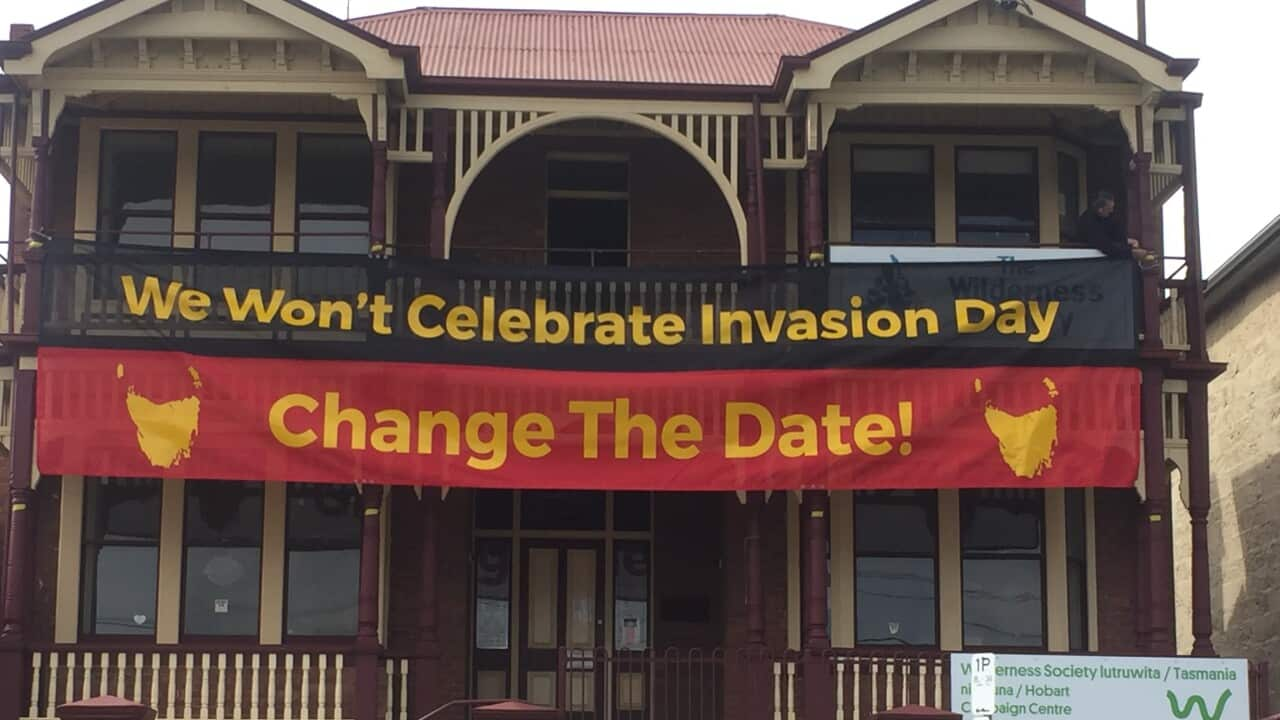Amnesty International Australia has welcomed today's announcement by the Tasmanian government to raise the age of detention from 10 to 14.
But the organisation's Indigenous Rights Advisor, Rodney Dillon, said there was little detail on the plans at this stage.
"Putting children in prisons causes irreparable harm, governments know this," he said.
"That the Tasmanian government has recognised that children don't belong in prison, and there are alternatives to dealing with crime, is a huge step forward.
"We would like to see the government's commitment to increasing the age of detention reflected in a commitment to raise the age of criminal responsibility to 14 as well.
"This is a significant racial issue in this country which we must confront because the fact is that First Nations kids are the ones overwhelmingly overrepresented in the system." Cheryl Axleby, Co-Chair at Change the Record, said the announcement came as "a relief".
Cheryl Axleby, Co-Chair at Change the Record, said the announcement came as "a relief".

Rodney Dillon says this is a significant step in the right direction. Source: SBS News/Sarah Maunder
"Children belong at home, in school and with their families — not in handcuffs, courtrooms or prison cells," she said.
"It is a relief to hear the Tasmanian government commit to keeping tiny children out of prisons, but they must do more to protect and support our children in community and give them the opportunities they deserve to thrive.
"This announcement stops short of the reforms we need — not just to keep children out of prison cells, but to ensure children under 14 are never arrested, handcuffed or put in police lockup but are instead supported with therapeutic and age-appropriate services when they need our help."
Tasmanian Aboriginal Legal Service (TALS) welcomed the announcement as a "first step".
"More has to be done to protect our young people. TALS urges the Tasmanian Government to consider raising the age of detention to 16," Hannah Phillips, Acting State Manager of TALS said.
"The Tasmanian Government must also commit to raising the age of criminal responsibility to 14 as an introductory part of the new youth justice reforms.
"If this does not occur, it will lead to irreversible lifelong damage as children get stuck in the quicksand of the legal system.
"History has shown that Ashley is the Kindergarten for Risdon Prison. The focus must be on addressing the risk and underlying issues as to why a young person is getting in trouble."
"If detention centers must form part of the Government's model of youth justice, there must be a therapeutic and through-care approach with trained professionals. Any plan must also be in genuine consultation and collaboration with Aboriginal people and communities in Tasmania."
The state government's commitment
In a statement, Tasmania's Children and Youth Minister Roger Jaensch said: "This will be one key element in our plan to build a nation-leading, best-practice approach to young people in conflict with the law."
"We know that detention does not support rehabilitation or reduce the likelihood of reoffending for younger children.
"Early exposure to a detention environment can also further traumatise young people, expose them to problem behaviours of older detainees and increase criminal networks."
Mr Jaensch noted the minimum age of detention was separate to the age of criminal responsibility, which is set at 10 years nationwide.
"As our attorney-general… has said, it is our preference for a nationally consistent position on the minimum age of criminal responsibility," he said.
He said police powers related to arresting, searching and detaining young people aged 10 and over for the purposes of investigating crime would remain.
"There will always be a need for secure detention as a last resort for a very small minority of young people who commit the most serious offences, and to ensure community safety," Mr Jaensch said.
"This change will help ensure that the detention of young people in Tasmania is truly a last resort."
Tasmania's youth justice system has been in the spotlight in recent years, with historical abuse allegations levelled at staff at the Ashley Youth Detention Centre. The government in September announced the centre would close within three years and be replaced by two new facilities. It has promised current detainees are safe.
The government in September announced the centre would close within three years and be replaced by two new facilities. It has promised current detainees are safe.

The Ashley Youth Detention Centre. Source: Supplied: Facebook
Mr Jaensch said legislative reform to reduce the minimum detention age would occur in line with a suite of reforms, anticipated to occur in late 2024.
He has pledged additional options to divert young people away from the formal court system, a broader range of community-based sentencing options, plus trauma-informed, therapeutic and restorative interventions for high-risk young offenders.
Amnesty International Australia commissioned research in 2021 that showed most Australians support raising the age of criminal responsibility, with 49 per cent believing it is currently set at 16.
"This proposal, like the ACT's plan, involves investment in diversion programs which are proven to be a much more effective solution to problematic behaviour in young kids," Mr Dillon said.
"The federal minister for Indigenous Australians Linda Burney has committed to national leadership on this issue, so this latest move, from a Liberal-led state, is further proof Australia is ready for this reform so our kids can live happy and healthy lives."












